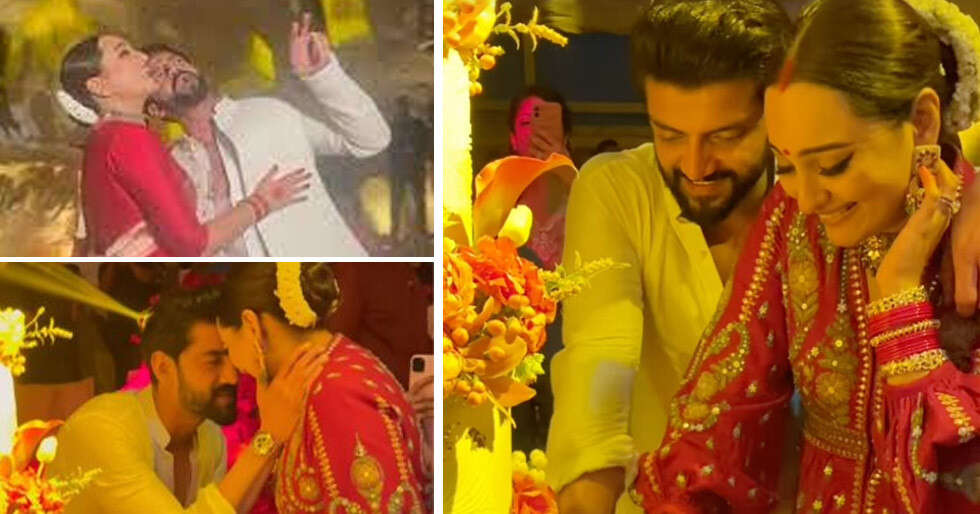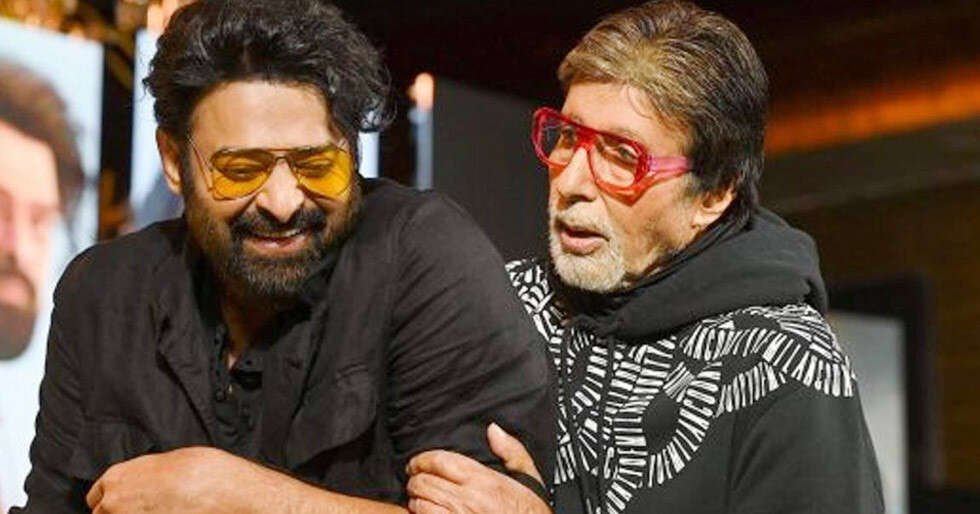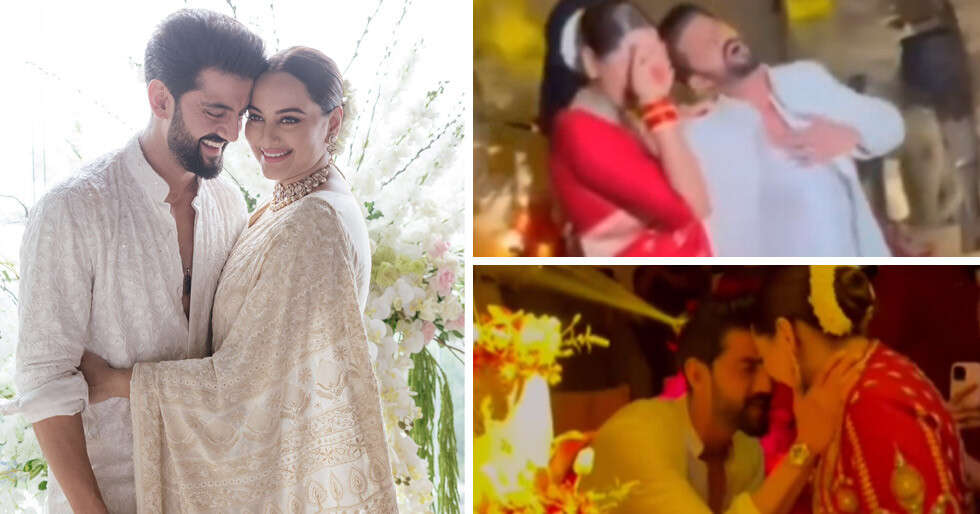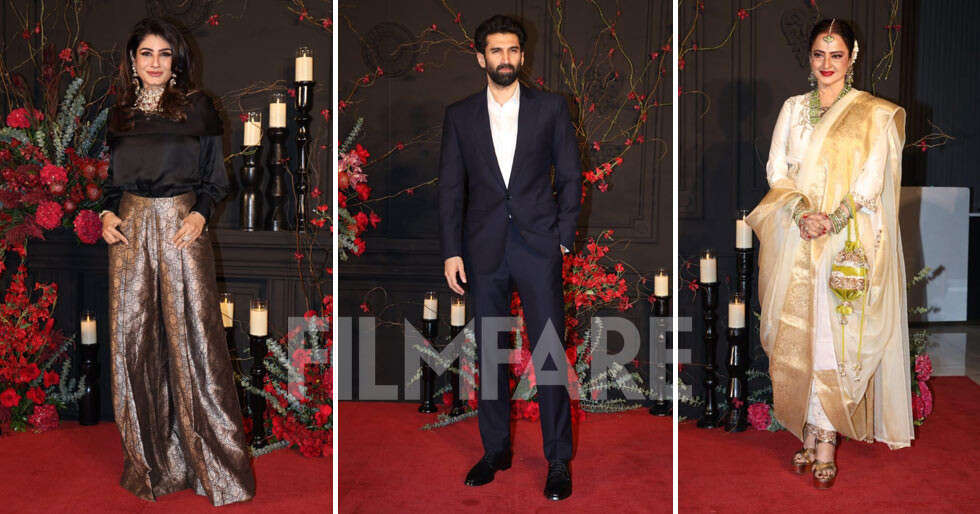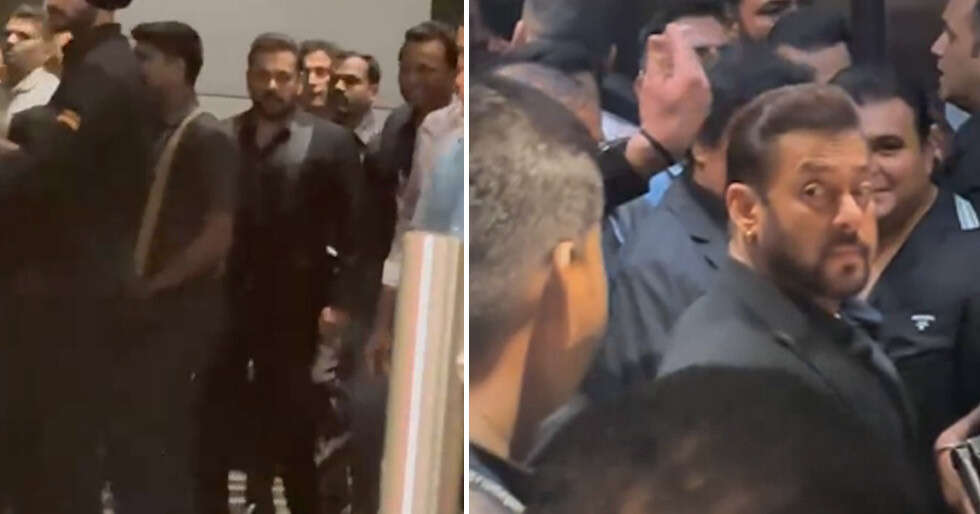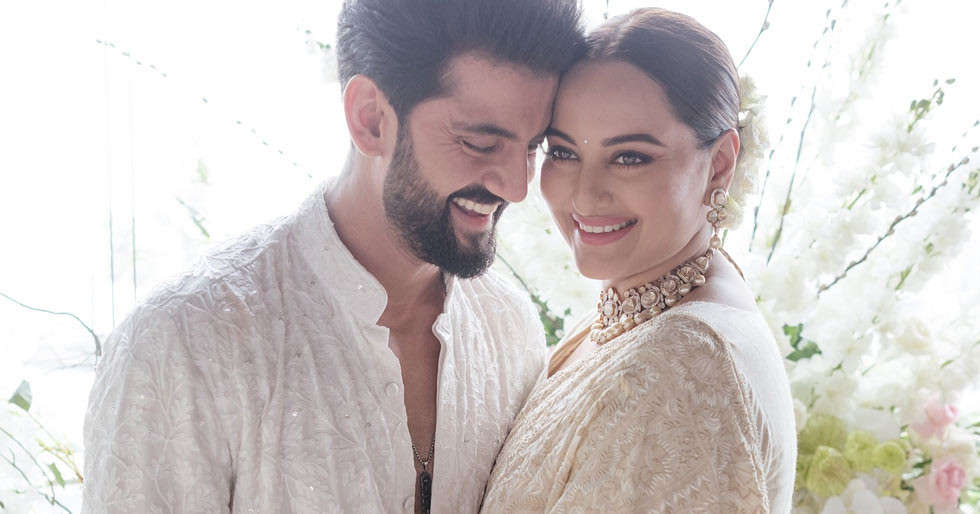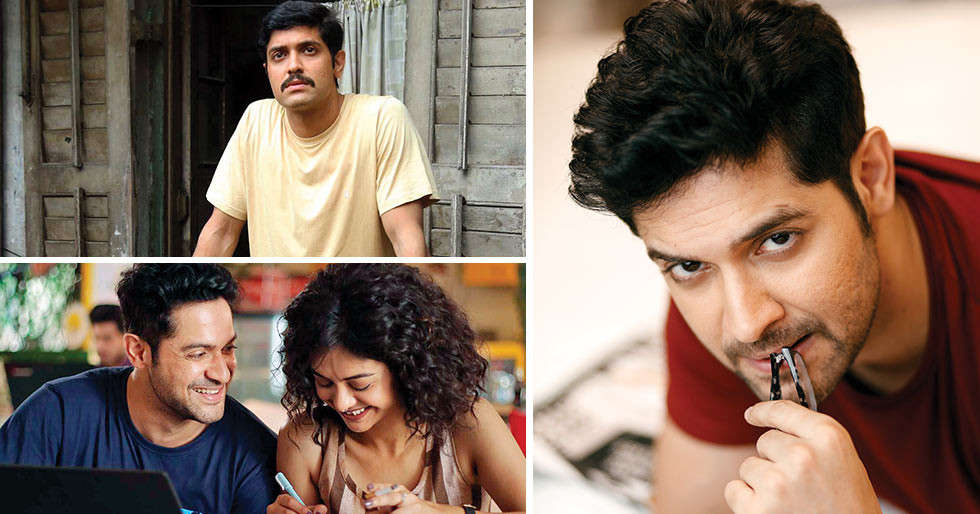
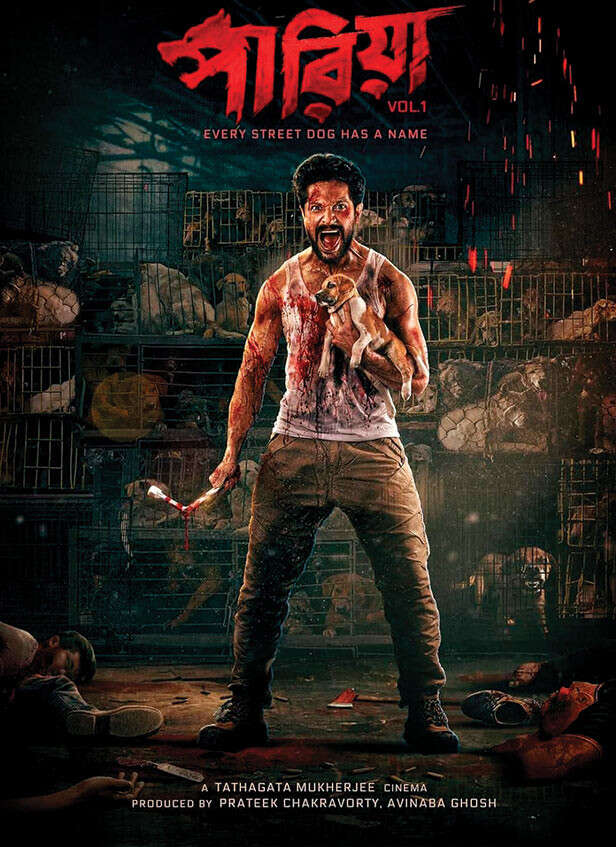
What differences did you notice between the Hindi and Bengali film industry?
Apart from the language, it’s pretty similar because the director of the film is a Kolkata-based director Tathagata Mukherjee, and the film Pariah has been directed by him as well, which was my last release. So I knew exactly how he would want me to prepare for my Hindi debut Memory X. I knew what was expected of me for the film. We didn’t dub for the film, so while shooting the film, I was sure that I had to be on point with my Hindi, and that was the only thing that I had to prepare for. The preparation was the same as any other film wherein I would create a character skeleton, the performance had to be a certain way as per the director’s vision. We had a lot of these video conference workshops. I speak clear Hindi by God’s grace.Was Memory X the first Hindi movie that was offered to you?
The offers that came to me before Memory X were great offers nonetheless, but they were not what I was looking for. I was never looking for a Hindi film just for the sake of doing it. I wasn’t just looking at wanting to work in Mumbai and that’s the reason the few that came to me, I could never convince myself to do them. It has to help me build from where you know I stand today. It has to help my career in a certain way. Then I would be more than happy to give it all the time.
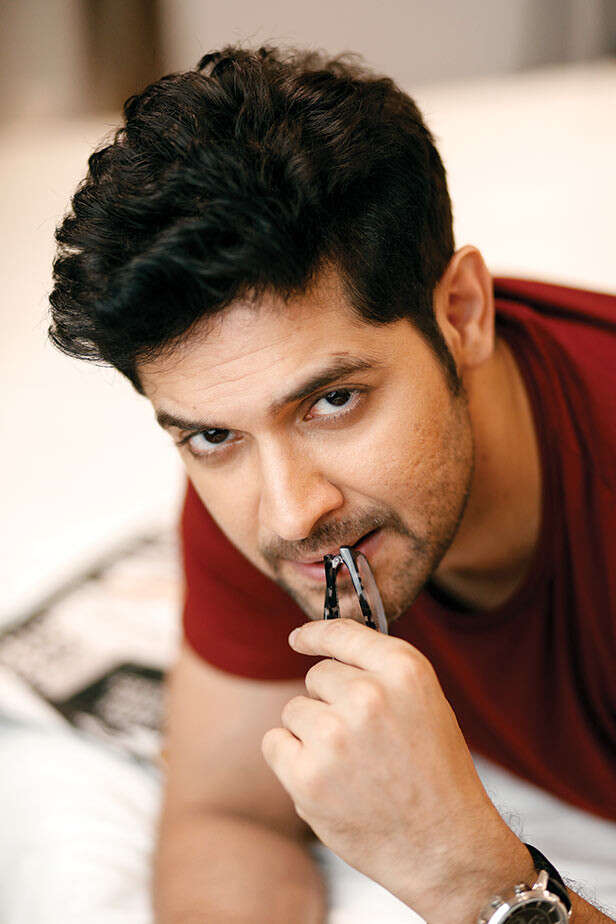
So you’re not in the rat race to transition into another film industry.
Actors transition into other languages, so in the past, whatever the number of years when it comes to male actors post Mithun Da, not too many very prominent names were there when it came to Hindi cinema. So I’m extremely happy that people like Bumba da and Jisshu da are doing it. It gives me a lot of confidence.
You seem to have earned the title of a romantic hero amongst the Bengali audience.
I have never had a problem with me getting typecast. I take a lot of pride in it. When the makers or the audience attach a tag to any actor, that means that they have done justice to that genre. That’s the reason there is a certain amount of acceptability. And when there is acceptability, it’s a success.
Does romance come easy to you onscreen?
I’m a horrible romantic when it comes to my real life. I’m not romantic at all. I’m sure whoever has spent some time with me in my life would agree to it and would vouch for the fact. That Vikram is not romantic. But somehow on screen, the conviction I have, the character and the subject that’s given to me, I have to fall in love with thelove story. If I believe in it, then it becomes easy for me to be able to convince myself and automatically that shows on screen.
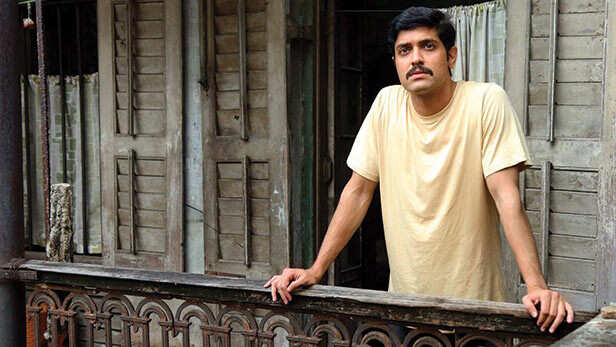
Which cinematic universe do you see yourself fit in perfectly based on your offscreen personality?
I honestly belong to Farhan Akhtar’s world of men. I love my friends to bits. My male friends are my life. I can give my life for them at the same time, I will also ensure that they get into horrible situations because of me and make fun of them. I would like to go out with my friends and have a blast. I will probably get beaten up because of the person that I fall in love with. The closest character that I can think of when it comes to the real-life me is Aamir Khan from Dil Chahta Hai.
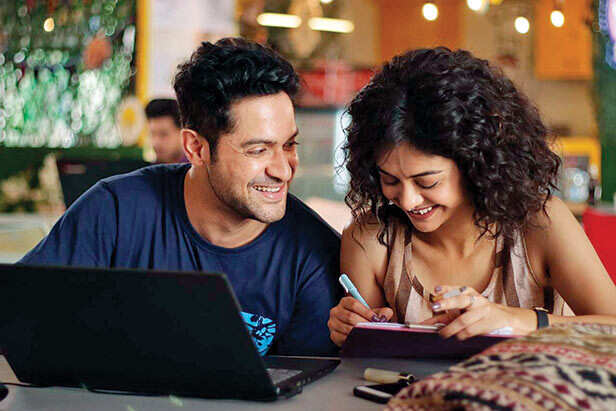
Your filmography has a pattern with a minimum of three releases a year.
In the Bengali film industry, we don’t have budgets as big as, let’s say, Tamil, Telugu, or Hindi film industries. So till the time we can achieve that as an industry, it will become difficult for any actor in Bengali cinema to just do one film in a year. Because, at the end of the day, we all also have expenses to take care of. Considering the amount of money that we earn from one film. I don’t think it is enough for any of the heroes to become financially secure on just what we earn from just one film. Of course, at the same time, if it’s only one film in a year, the audience also in today’s world tends to lose focus on the actors. For me as an actor, I’m not the guy who would be very visible on social media and I envy the people who are. So to remain relevant in this extremely busy world where the audience forgets or tends to forget about some film that was released in January or February, I would want to come back around June, July, and August with my second film. So I would like at least two releases every year.
How versatile are the multiple releases that you have coming up?
Last year, first I had Shesh Pata which was a different film from Atanu Ghosh. I was playing this guy who is a recovery agent, a very low middle-class guy, absolutely beaten and bruised by life, who has to work as a recovery agent to just survive, to run his expenses. And there are two different sides to him. Then I did Shohorer Ushnotomo Din E which was one of the biggest hits of Bengali cinema last year – a true-blue love story. Then Pariah became an out-and-out action film. I had to bulk up and go seven shades darker than what I am. Grow my hair and my beard. The love from the audience has been immense. After this, I have an intense love story. And then the other one is a rom-com with Sohini Sarkar and I love the film. There is Durgapur Junction, which is a murder mystery wherein I play a cop and Swastika Mukherjee plays a senior journalist.
You were praised for your role in Shesh Pata, which is said to be an emotionally exhausting film.
See for an actor in general, be it Shesh Pata and Pariah Volume 1: Every Street Dog Has a Name, I would discuss both as the latter was extremely emotionally draining. I have grown up in a family of caregivers for dogs. My mother and my sister have both been doing that for the longest time. I have seen their struggles up close and hence I started connecting to it. Shesh Pata again was extremely challenging emotionally because of the journey that this boy was going through. But at the same time, what keeps me sane while doing emotionally heavy films is the amount of love that I keep getting from my friends and family.
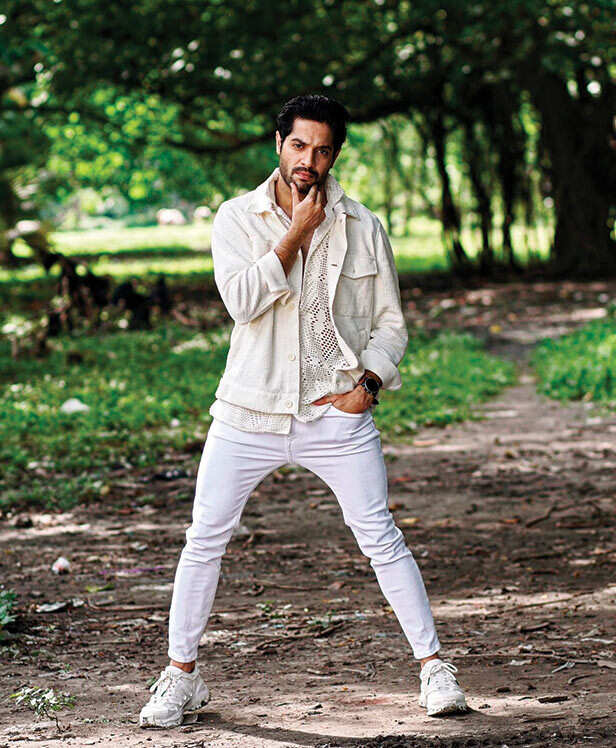
What advice would you give to your younger self?
Patience is key in an industry like ours, where things, of course, take time. Good things take even more time. When I was comparatively younger, I could not foresee. Now when I look at a crisis, my first way of looking at it is, would this make a difference to me or my life five years down the line? If not, then you don’t need to lose your cool about it.
So you’ve become a lot calmer now.
I’ve stopped reacting completely. I try to understand where the other person is speaking from and what exactly is his or her point of view as well. I’ve always been a passionate person. Still am. But when you’re extremely passionate about things, you’re primarily looking at things from your perspective. With all the passion, you forget that there’s a different perspective that might also be correct. Time and experiences have taught me that my passion is important to me. It will drive me. It will make me do things that a lot of other people would not relate to or are not capable of.
You became such a household name with your work on television. Would you go back to that format now?
I’m grateful to TV. My whole career took shape because of it. The whole platform that was given to me as an actor was primarily because of the love that I was getting from television. I grew up during the ’90s. I’ve watched these big-screen stars on screen and what drives me the most is a theatrical release. If I do a TV show, they will expect me to dedicatedly give at least one year of my life to it, and given the current scenario when the films are doing so well, it won’t be possible for me to do that.
Next Story
Source Powered by Yes Mom Hosting


